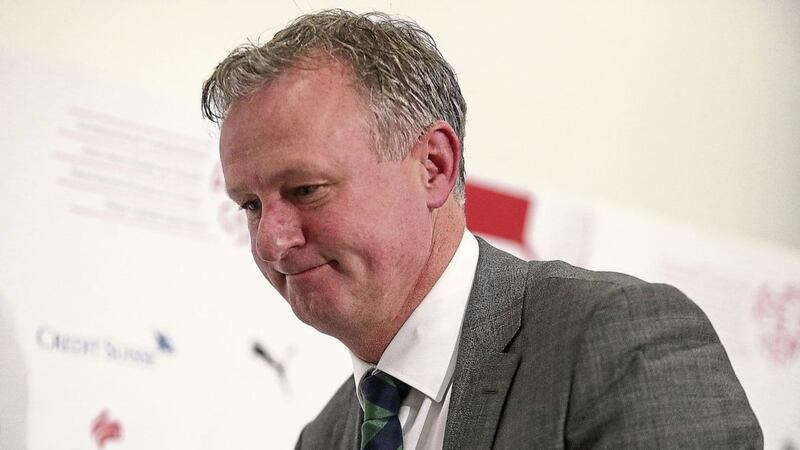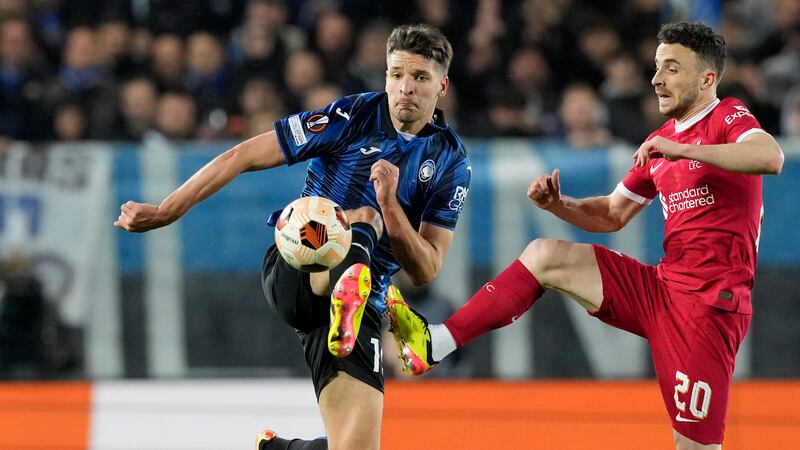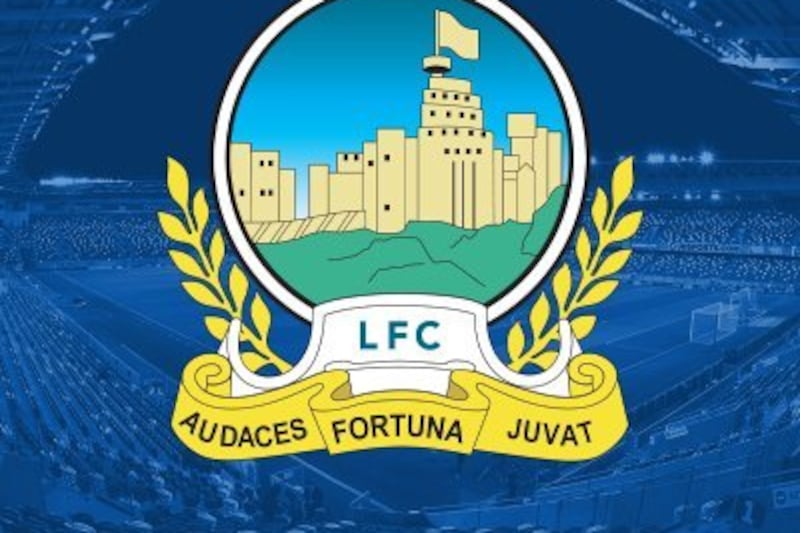THE Irish Football Association will fight to retain the services of senior manager Michael O'Neill despite reported interest from their Scottish counterparts and Sunderland.
An IFA spokesman declined to comment when contacted about certain news outlets reporting an official approach from the SFA for permission to speak to O'Neill.
Sunderland, who sacked Simon Grayson at Hallowe'en after only appointing him at the end of June - and are rooted to the bottom of the Championship following their relegation from the Premier League - have also been linked with an approach for O'Neill.
However, The Irish News understands that Windsor Park officials are determined to hold on to O'Neill, who is under contract until 2020.
The IFA will offer the 48-year-old improved terms on his present deal, understood to be worth around £500,000 per year, and are also likely to seek to extend his contract beyond the end of the next European Championships.
The decision on whether or not to grant official permission for contact lies with the IFA Board, including the chief executive Patrick Nelson, although that's largely a moot point now that the approaches are in the public domain.
Speculation has been mounting that the Scots would want O'Neill as the successor to Gordon Strachan following his resignation from their post on October 12 after almost five years in charge.
Strachan failed to qualify for next year's World Cup, finishing third in Group F behind England and Slovakia.
The Scots missed out on the WC play-offs after a 2-2 draw away to Slovenia, ironically the result which ensured that Northern Ireland would reach that stage of the European qualification process.
Interestingly, O'Neill cited Strachan as his major managerial influence when he took the Shamrock Rovers job in December 2008, having played under him at Coventry City.
The Scotland job would have a certain appeal for O'Neill, who lives in Edinburgh and played for Dundee United, Hibernian, Aberdeen, St Johnstone, Clydebank, and Ayr United, and began his managerial career at Brechin City.
However, the pressure to succeed will be intense, given that Scotland have not qualified for a major tournament since the 1998 World Cup.
Unlike Northern Ireland, Scotland have never progressed past the group stage of any international tournament, despite 10 attempts at doing so.
Scotland are currently ranked 29th in the world, compared to Northern Ireland's 23rd.
The Scots will also be in the third tier of the new Uefa Nations League which commences next autumn, with their three opponents to come from the following countries: Greece, Serbia, Albania, Norway, Montenegro, Israel, Bulgaria, Finland, Cyprus, Estonia, and Lithuania.
Whether that level of opposition – with NI above in League B – would be an enticement or a deterrent to O'Neill remains to be seen.








